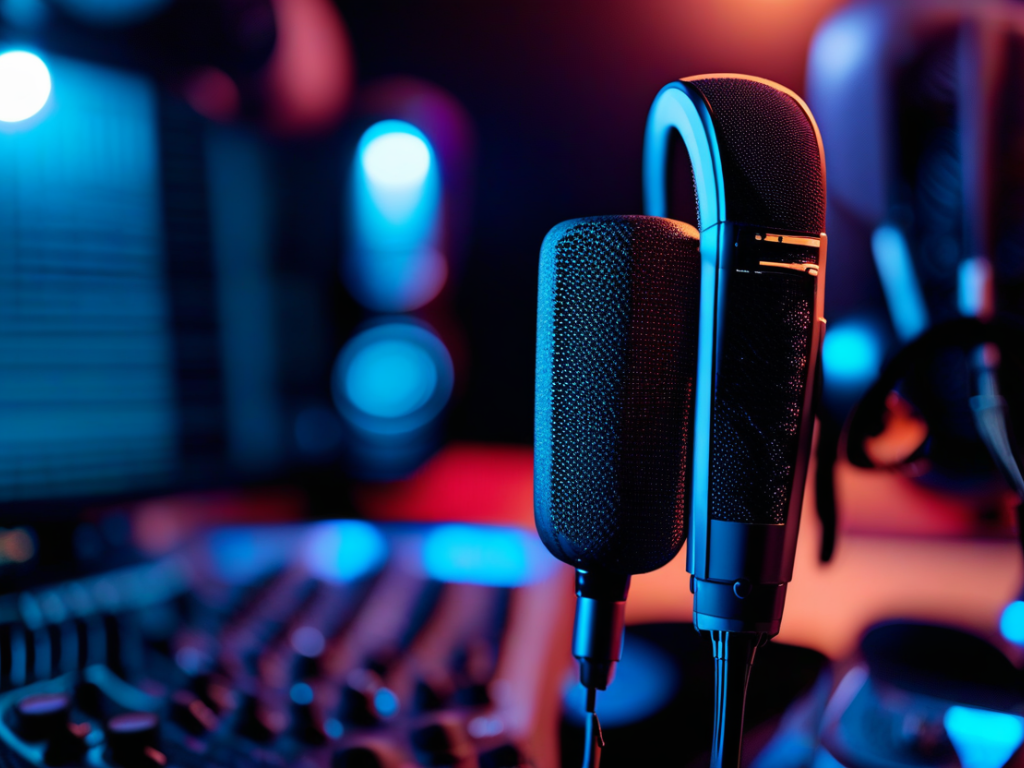As a seasoned audio enthusiast deeply immersed in the world of music players and audio technology, the impact of lossless audio on podcast production quality is a topic that strikes a chord with both creators and listeners alike. In a landscape where the quality of sound can make or break the immersive experience of a podcast, the shift towards embracing lossless audio formats has sparked a revolution in how podcasts are produced and consumed.
In this article you will find:
- The Rise of Lossless Audio in Podcasting
- Benefits of Lossless Audio in Podcast Production
- Challenges and Considerations
- Striking a Balance
- The Future of Podcasting with Lossless Audio
The Rise of Lossless Audio in Podcasting
Traditionally, podcasts have been distributed in lossy audio formats such as MP3, which sacrifice some audio quality for smaller file sizes and easier streaming. However, with the emergence of lossless audio formats like FLAC and WAV, podcast creators now have the opportunity to deliver studio-quality sound directly to their audience’s ears. This shift has elevated the listening experience to new heights, allowing for greater clarity, depth, and richness in audio content.
Benefits of Lossless Audio in Podcast Production
When it comes to podcast production quality, the benefits of using lossless audio formats are undeniable. By capturing and preserving every nuance of sound during recording, editing, and final output, podcasters can create a more engaging and immersive listening experience for their audience. From capturing the subtle nuances of a speaker’s voice to preserving the dynamic range of music or sound effects, lossless audio ensures that every sonic detail shines through with crystal clarity.

Challenges and Considerations
While the adoption of lossless audio in podcast production is undoubtedly a game-changer, it also comes with its own set of challenges and considerations. One of the primary concerns is file size, as lossless audio formats inherently take up more storage space compared to their lossy counterparts. This can pose logistical challenges for podcasters in terms of storage, bandwidth, and distribution.
Striking a Balance
Despite the challenges, many podcasters are embracing lossless audio due to the undeniable improvement in sound quality it offers. By striking a balance between audio quality and file size, creators can ensure that their podcasts sound exceptional without compromising on accessibility and convenience for their audience. Leveraging advanced audio compression techniques and efficient encoding methods can help mitigate some of the challenges associated with lossless audio production.
The Future of Podcasting with Lossless Audio
As the demand for high-quality audio content continues to rise, the integration of lossless audio formats into podcast production is poised to become the new standard. By leveraging the power of lossless audio technology, podcasters can create immersive, engaging, and unforgettable listening experiences that captivate audiences and set new benchmarks for audio quality in the podcasting industry.
Through the seamless integration of lossless audio into podcast production workflows, creators have the opportunity to push the boundaries of sonic excellence and redefine the listening experience for listeners around the world. The future of podcasting with lossless audio is bright, promising a new era of innovation, creativity, and unparalleled sound quality that will resonate with audiences for years to come.

